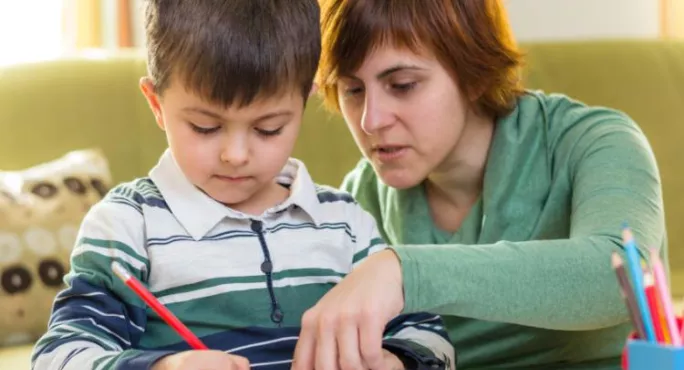Jack and Jill still have a role to play, according to Ofsted chief inspector Amanda Spielman, who bemoans the fact that children aren’t learning nursery rhymes anymore - neither, it appears, at home nor in school. Ms Spielman’s views were reported in a light-hearted piece in The Sunday Times, which also dedicated an editorial to amusing updated versions of old favourites.
It was all good fun and, to be fair, The Sunday Times also quoted Amanda Spielman’s serious point on the topic: “Humpy Dumpty may seem old-fashioned, but children who can sing a song and know a story off by heart aged four are better prepared for school. Nursery rhymes provide a collective experience - and teach a little bit of social history to boot.”
Amen to that! People such as Ms Spielman and me aren’t nostalgically hankering after some kind of half-remembered golden childhood when we all sang songs at our mother’s knee in lush meadows in the summer sun and then headed indoors for cake and lashings of custard. We’re deploring the loss of a powerful contributor to children’s early learning.
I suspect that, like me, Amanda is old enough to remember those wonderful BBC Music and Movement radio programmes, which did precisely what the title suggests. They brought those two elements together: just as, in that “golden age” of childhood, parents would sing catchy, often nonsensical but always strongly rhythmic songs and encourage their infant to clap hands, stamp feet - at root, to respond physically to the rhythm of the music.
‘Music used to teach’
There’s science underlying this. Called Eurhythmics (not to be confused with Annie Lennox and David Stewart’s pop duo) and expounded by Emile Jacques-Dalcroze, it is “a system of rhythmical physical movements to music used to teach musical understanding or for therapeutic purposes”. I can only assume that Professor Dalcroze remembered and later codified how he had himself learned in his infancy from music and rhythm.
Funded by National Lottery money around the Millennium, my wife ran some after-school Eurhythmics courses for five-year-olds. The differences she observed in children in only a matter of weeks, while they learned to respond and move to music, were remarkable: she (SEN-trained, as it happened) also reckoned she could spot, among those who found such responses difficult, children likely to encounter a range of Specific Learning Difficulties. Sadly, after two seasons the lottery money ran out and the local authority in question declared itself unable to continue the courses.
Why do children respond physically to music? Because they listen to it. And the more they enjoy such response - and the better they get at it - the better they get at listening. In 2017, when too many young children are perhaps entertained and pacified by being given screens to watch, that is arguably of vital importance. We have much work to do on children’s listening skills.
Nor do the positives end with rhythm and response. There is the whole business of singing in the first place. There’s copious and still growing evidence of the contribution of singing to wellbeing: why not catch children and give them the habit young, before they get into the nonsense of either copying whining pop divas or deciding it’s uncool to sing at all?
Can just singing a few nursery rhymes with young children really make so much difference? Well, yes. Simple input, huge returns: that’s not a bad educational formula, is it?
Dr Bernard Trafford is a writer, educationalist and musician. He is a former headteacher and past chair of HMC. He tweets @bernardtrafford
To read more columns, view his back catalogue
Want to keep up with the latest education news and opinion? Follow Tes on Twitter and Instagram, and like Tes on Facebook




